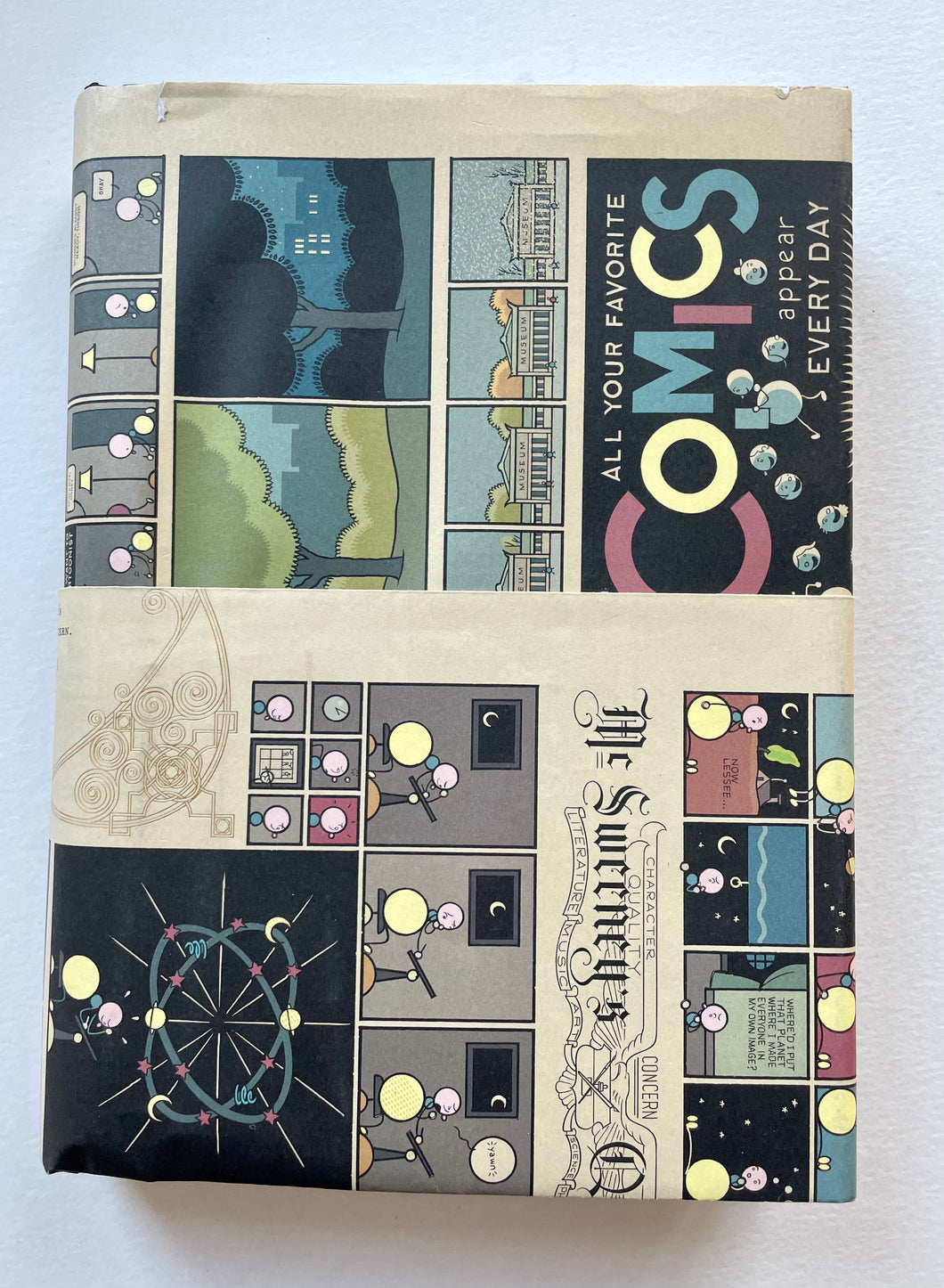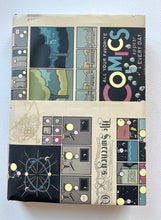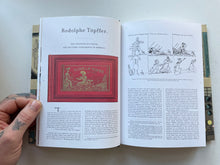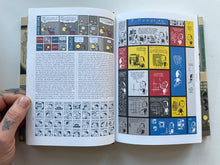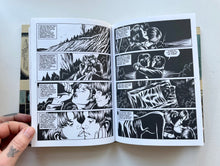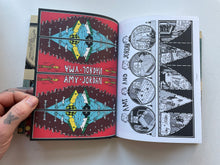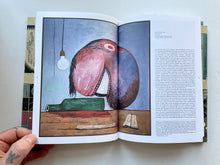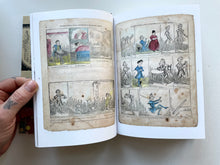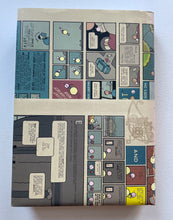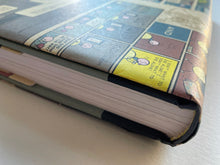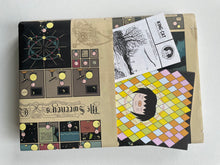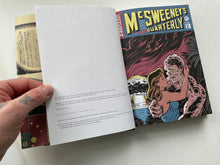Mc Sweeney’s Quarterly Concer 13 | Chris Ware (Fantagraphics)
Regular price
€37.00
Sale
Used, in great condition !
published in the USA, 2004
Second edition
hardcover
267 pages
D/W (which unfolds into poster) has two tears top of spine,lightly shelf-worn
Two small paperback Comic Books are tucked into the folds
only one copy available !
This issue is all comics. It is edited by Chris Ware (author of Jimmy Corrigan: Smartest Kid on Earth), and features so many artists to know and love: Lynda Berry, Mark Beyer, Chester Brown, Jeffrey Brown, Ivan Brunetti, Charles Burns, Malachi B. Cohen, Daniel Clowes, David Collier, Robert Crumb, Kim Deitch, Julie Douchet, Debbie Drechsler, Bud Fisher, Ira Glass, Glen David Gold, Milt Gross, Philip Guston, David Heatley, Gilbert Hernandez, Jaime Hernandez, Goerge Herriman, Ben Katchor, Kaz, Chip Kidd, John McLenan, Joe Matt, Richard McGuire, Mark Newgarden, Archer Prewitt, Gary Panter, Charles Schulz, Joe Sacco, Richard Sala, Tim Samuelson, Seth, Art Spiegelman, Adrian Tomine, Micheal Chabon, Rodolphe Topffer, John Updike, Chris Ware, and Jim Woodring.
Guest-editing Dave Eggers's literary journal, Jimmy Corrigan cartoonist Ware has assembled a beautifully designed anthology of contemporary art comics, with a few vintage treats thrown in, including an excerpt from "Obadiah Oldbuck"—an 1842 publication that's arguably the first American comic book—and a series of very rough sketches by Charles Schulz. A few pieces have recently been published elsewhere (including excerpts from Mark Beyer's loopy, design-heavy Amy and Jordan and Joe Sacco's comics essay on Sarajevo, The Fixer), but the book is a superb introduction to the best American cartoonists working today. Some of them, including Richard McGuire and Mark Newgarden, haven't published much since the heyday of RAW in the late 1980s and early '90s; others, like Lynda Barry and Jaime and Gilbert Hernandez, are prolific creators at the top of their form. As Ira Glass points out in his introduction, Ware seems to believe cartooning gets no respect at all, and his McSweeney's is a passionate defense of the medium. Ware has included work by artists with an impressively varied range of visual styles and narrative techniques. And Ware's own contribution is brilliant: the book's cover unfolds into a gigantic "comics supplement" of his bitter little cartoons, with extra, tiny comic books by Ron Regé Jr. and John Porcellino tucked into its folds.

